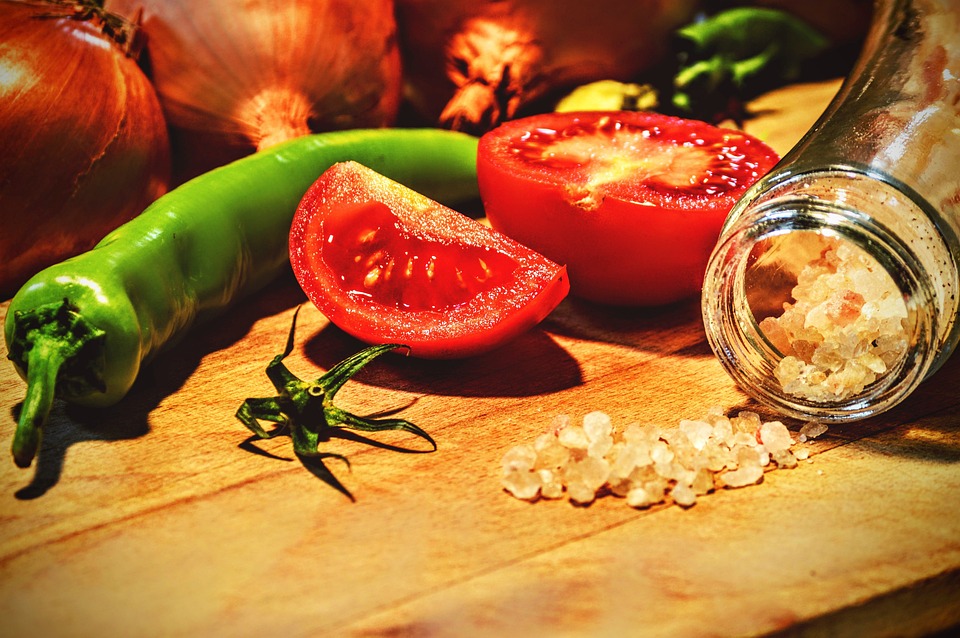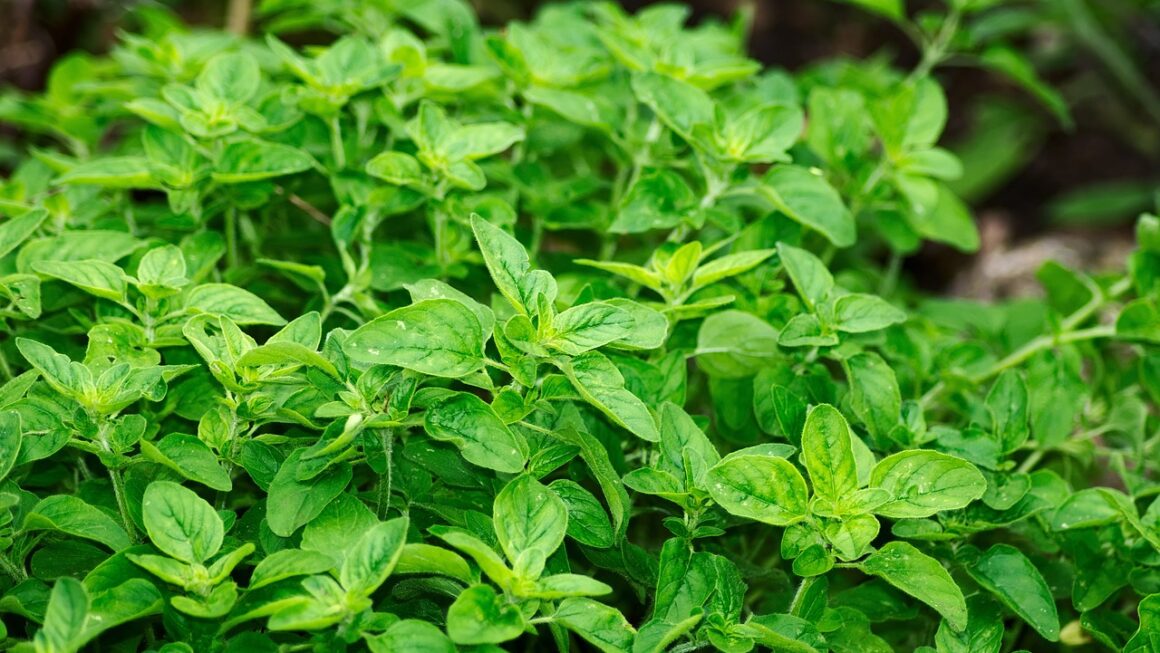As the global population continues to grow at an unprecedented rate, the challenge of feeding billions of people becomes increasingly complex. With limited arable land, scarce water resources, and the impacts of climate change looming large, traditional agriculture methods may no longer be sufficient to meet the rising demand for food. This is where bioengineered ingredients come into play.
Bioengineered ingredients, also known as genetically modified organisms (GMOs), are plants or animals that have had their genetic material altered in a laboratory to enhance desirable traits. These traits can range from increased resistance to pests and diseases, to improved nutritional content and higher yields. By harnessing the power of biotechnology, scientists have been able to develop crops that can thrive in harsh environments, require less water and pesticides, and produce higher quantities of food.
One of the key advantages of bioengineered ingredients is their ability to increase food security. By developing crops that are more resilient to pests, diseases, and environmental stressors, farmers can achieve higher yields and reduce the risk of crop failures. This is especially important in regions prone to droughts, floods, and other climate-related disasters, where traditional crops may struggle to survive.
Another important benefit of bioengineered ingredients is their potential to improve nutrition and address malnutrition. Through genetic modification, scientists have been able to enhance the nutritional content of crops, such as increasing the levels of essential vitamins and minerals in staple foods like rice, wheat, and maize. This has the potential to combat nutrient deficiencies and improve the health and well-being of millions of people around the world.
Furthermore, bioengineered ingredients have the potential to reduce the environmental impact of agriculture. By developing crops that require fewer inputs, such as water, fertilizers, and pesticides, we can minimize the pollution of waterways, reduce greenhouse gas emissions, and preserve biodiversity. In essence, bioengineered ingredients offer a more sustainable approach to food production that can help mitigate the negative effects of industrial agriculture on our planet.
Despite the significant benefits of bioengineered ingredients, there is still considerable debate and controversy surrounding their use. Critics argue that GMOs pose potential risks to human health and the environment, and raise concerns about corporate control of the food supply. However, numerous scientific studies have demonstrated the safety and effectiveness of bioengineered ingredients, and regulatory agencies around the world have approved their use in food production.
In conclusion, bioengineered ingredients hold great promise as a key tool in the effort to feed a growing population. By harnessing the power of biotechnology, we can develop crops that are more resilient, nutritious, and sustainable, and help ensure a secure and abundant food supply for future generations. Embracing this technology and overcoming the challenges it poses will be essential in meeting the global food demand in the years to come.




